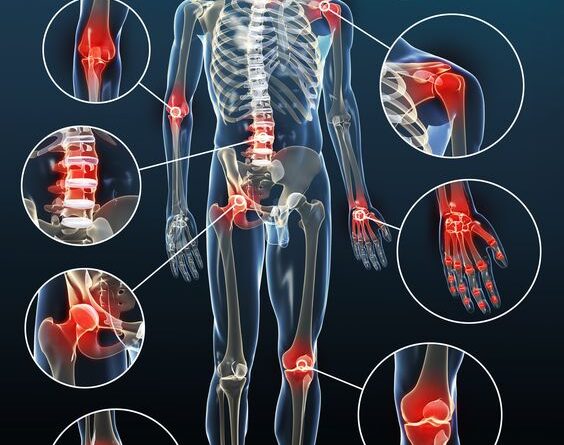10 Expert Tips to Prevent Neuropathic Pain
Neuropathic pain, characterized by shooting, burning, or tingling sensations, can significantly impact one’s quality of life. Whether caused by diabetes, injury, or other conditions, managing neuropathic pain is crucial for overall well-being. Here are 10 expert tips to help prevent and alleviate neuropathic pain:
1. Maintain a Healthy Lifestyle
A cornerstone in preventing neuropathic pain is adopting a healthy lifestyle. This includes eating a balanced diet rich in fruits, vegetables, lean proteins, and whole grains. Maintaining a healthy weight reduces the risk of conditions like diabetes, which can lead to nerve damage and neuropathic pain.
2. Regular Exercise
Engaging in regular physical activity not only improves overall health but also helps alleviate neuropathic pain. Exercise promotes blood flow, strengthens muscles, and releases endorphins, which act as natural pain relievers. Incorporate activities like walking, swimming, or yoga into your routine to reap these benefits.
3. Manage Stress
Pregabalin 75 mg Capsules fall under the category of drugs referred to as anticonvulsants. The principal indications for the use of this capsule medication are the prevention and treatment of neuralgia (pain caused by injured or irritated nerves), fibromyalgia (musculoskeletal pain), epilepsy (seizures), and neuropathic pain. Neuropathy, an enduring form of nerve pain, is frequently precipitated by nerve damage resulting from pathologies such as spinal cord injuries, diabetes, shingles (a viral infection characterized by a severe rash), or trauma to body tissues including muscles and joints.
Chronic stress can exacerbate neuropathic pain by triggering inflammation and tension in the body. Practice stress management techniques such as meditation, deep breathing exercises, or mindfulness to promote relaxation and reduce pain perception.
4. Avoid Harmful Substances
Certain substances like alcohol and tobacco can worsen neuropathic pain and interfere with treatment effectiveness. Limiting or avoiding these substances altogether can help prevent further nerve damage and alleviate symptoms.
5. Ensure Proper Sleep
Quality sleep is essential for overall health and well-being, including pain management. Establish a regular sleep schedule, create a relaxing bedtime routine, and optimize your sleep environment to promote restful sleep and reduce neuropathic pain flare-ups.
6. Follow Medication Guidelines
If prescribed medication for neuropathic pain, it’s crucial to follow your healthcare provider’s instructions carefully. Take medications as directed, adhere to dosing schedules, and communicate any concerns or side effects promptly. Avoid self-medicating or altering doses without medical supervision.
7. Consider Alternative Therapies
In addition to conventional treatments, alternative therapies like acupuncture, chiropractic care, or massage therapy may provide relief from neuropathic pain. Consult with a healthcare professional to explore these options and determine the best approach for your individual needs.
8. Stay Active and Engaged
Maintaining an active and engaged lifestyle can distract from neuropathic pain and improve overall well-being. Pursue hobbies, socialize with friends and family, and engage in activities that bring joy and fulfillment to your life.
This medicine, Pregalin 50 Capsule, eases the pain of nerve damage (neuropathic pain) caused by diabetes, shingles (herpes zoster infection), spinal cord injury, or other diseases. Additionally, it is utilized to address widespread joint pain and stiffness in people who have fibromyalgia.
9. Educate Yourself
Understanding the underlying causes and mechanisms of neuropathic pain can empower you to better manage your condition. Stay informed about available treatments, lifestyle modifications, and self-care strategies to optimize your pain management plan.
10. Seek Professional Help
If neuropathic pain persists or worsens despite self-care measures, don’t hesitate to seek professional help. Consult with a healthcare provider specializing in pain management to explore additional treatment options and develop a comprehensive care plan tailored to your needs.
By incorporating these expert tips into your daily routine, you can take proactive steps to prevent neuropathic pain and improve your overall quality of life.

